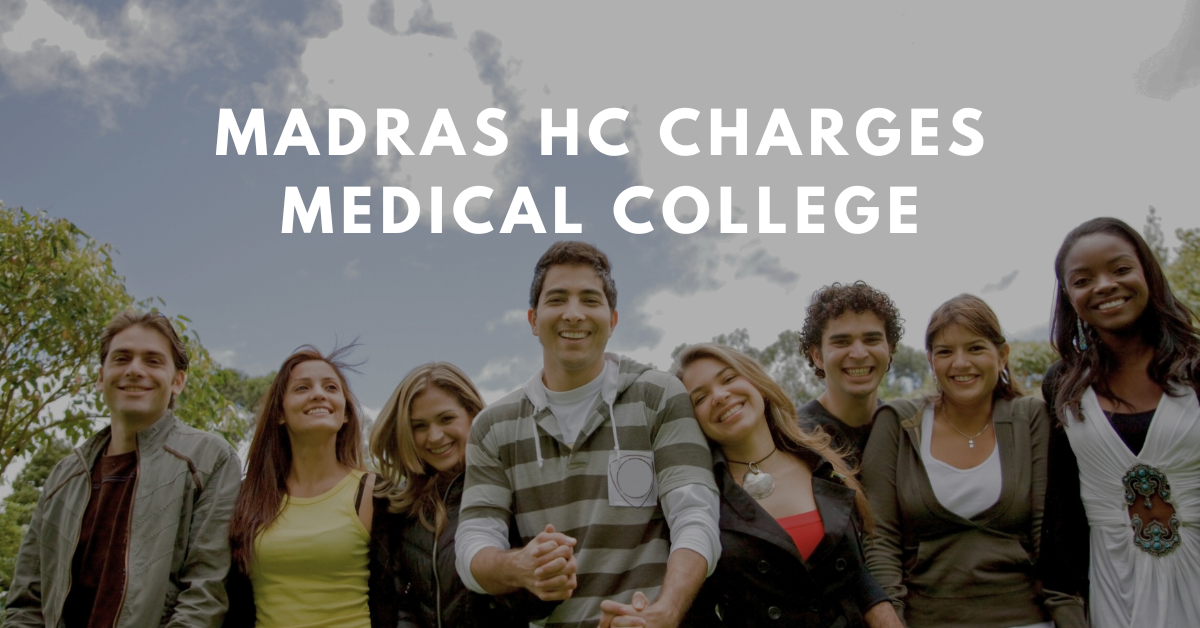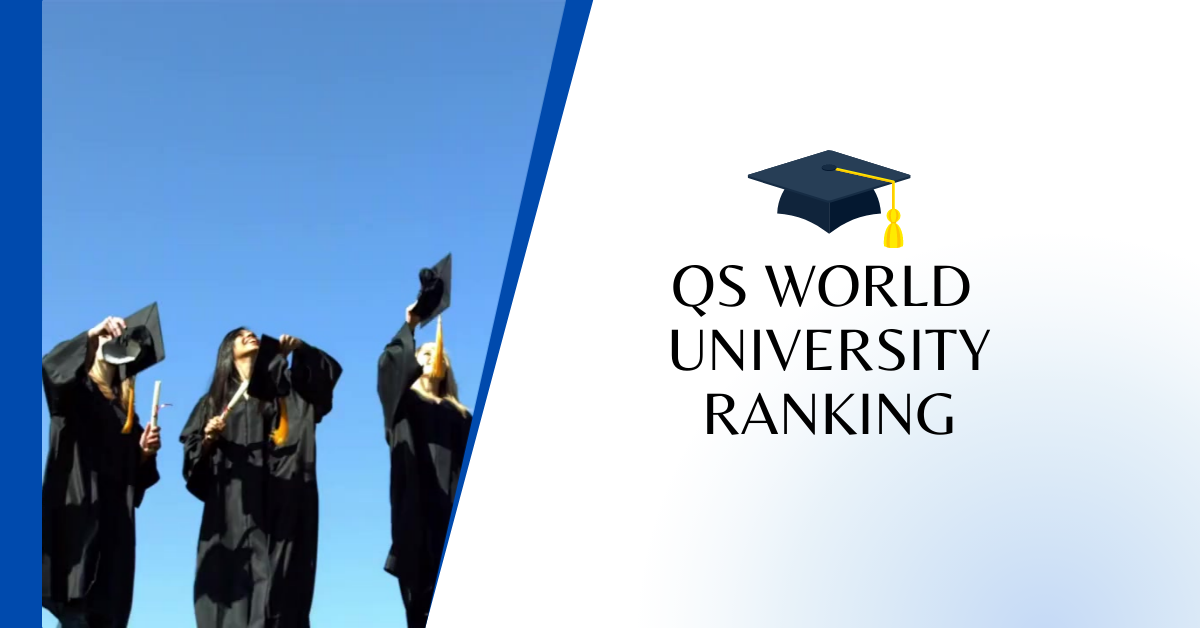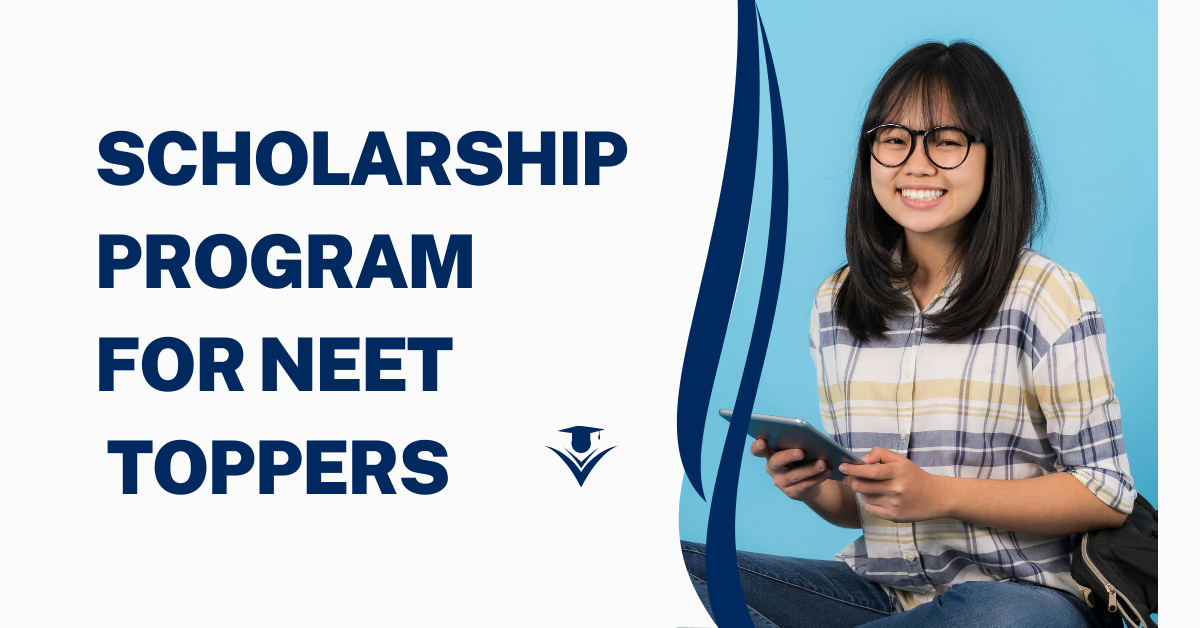1820 MBBS Seats By Telangana Govt.
Recently, the Telangana State government made a big announcement that offers prospective medical students in the area some cause for optimism. The Telangana government changed the Telangana State Medical Colleges Admissions Rules with the publication of Government Order (GO Ms No 72), opening the way for the addition of 1820 MBBS seats beginning with the academic year 2023–24. The prospects for local students who want to study medicine in the state will be improved by this development.
A Significant Step Forward
The granting of these extra seats, which equates to the establishment of roughly 18 medical colleges with 100 medical seats apiece, represents a significant advancement in the development of Telangana’s medical education infrastructure. Now that these seats are open to students from the state, more people will be able to follow their aspirations of becoming doctors.
Opportunities Only Available to Telangana Students
at accordance with the new amendment, the Telangana State government has reserved all medical seats at institutions founded after June 2, 2014 (the date the state was founded), exclusively for Telangana residents. This requires that all MBBS seats at medical colleges founded after the state’s inception be distributed to Telangana residents through a competitive process.
Opportunities Only Available to Telangana Students
at accordance with the new amendment, the Telangana State government has reserved all medical seats at institutions founded after June 2, 2014 (the date the state was founded), exclusively for Telangana residents. This requires that all MBBS seats at medical colleges founded after the state’s inception be distributed to Telangana residents through a competitive process.
Telangana’s Increasing Medical Education
The state’s dedication to strengthening its healthcare system and fostering homegrown talent in the medical industry is demonstrated by the growth in MBBS seats. Telangana had a total of 20 medical colleges, both public and private, before the state was created. However, by the academic year 2023–2024, Telangana has 56 medical colleges, including both public and private institutions.
Similar increases have been seen in the number of MBBS seats. In both public and private hospitals, there were a total of 2850 MBBS seats prior to 2014. However, this number has expanded to 8340 seats as of 2023, considerably enhancing the state’s capacity for medical education.
Realising Aspirations and Giving Students Power
The proactive steps taken by Chief Minister K Chandrashekhar Rao to guarantee that local students’ aspirations of becoming doctors are realised have been favourably applauded. The addition of 1820 MBBS seats will be a huge help to Telangana’s aspirant medical students. The state government’s strategic action strives to give students in the medical industry equitable opportunity and foster a supportive environment.
Telangana’s choice to add 1820 MBBS seats reflects its commitment to fostering local students’ aspirations and bolstering the healthcare industry. The government has made a significant step towards empowering and assisting the upcoming generation of medical professionals by exclusively reserving all medical seats in colleges founded after 2014 for Telangana students.



























